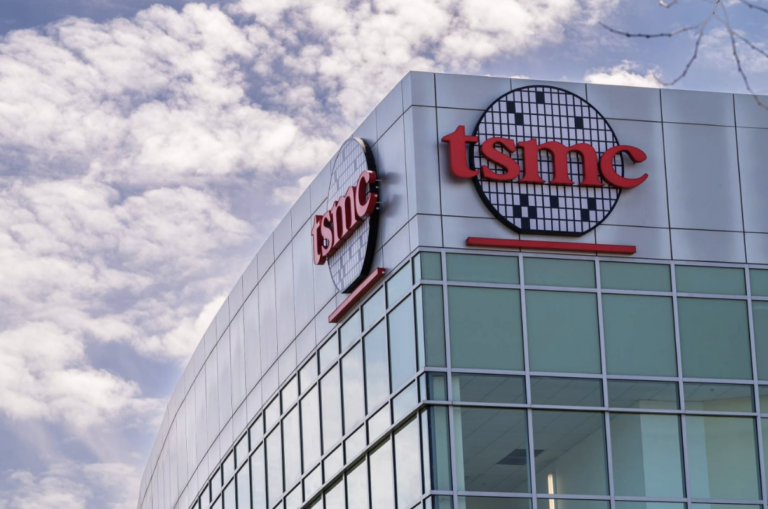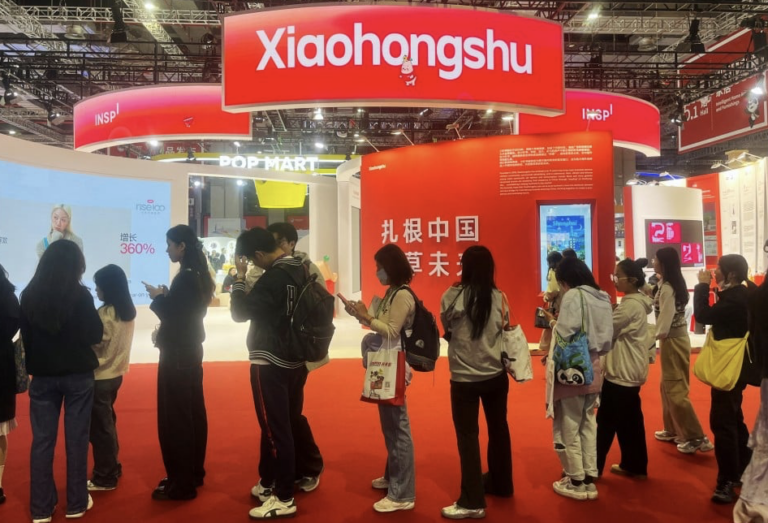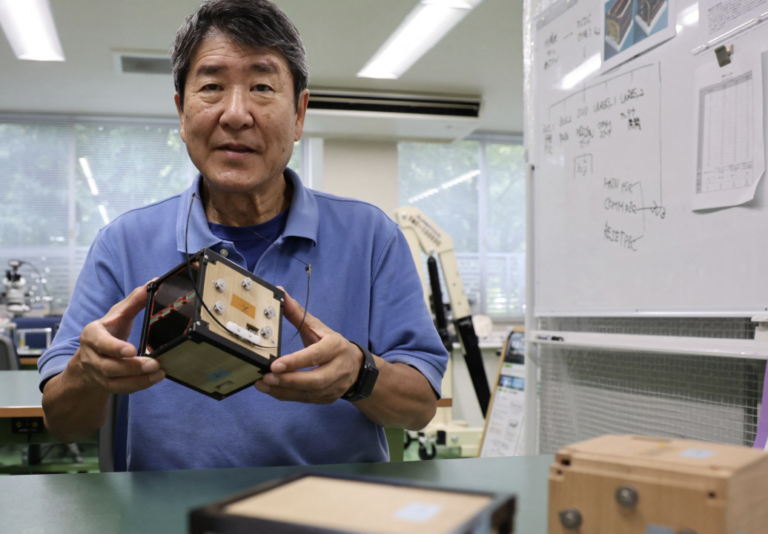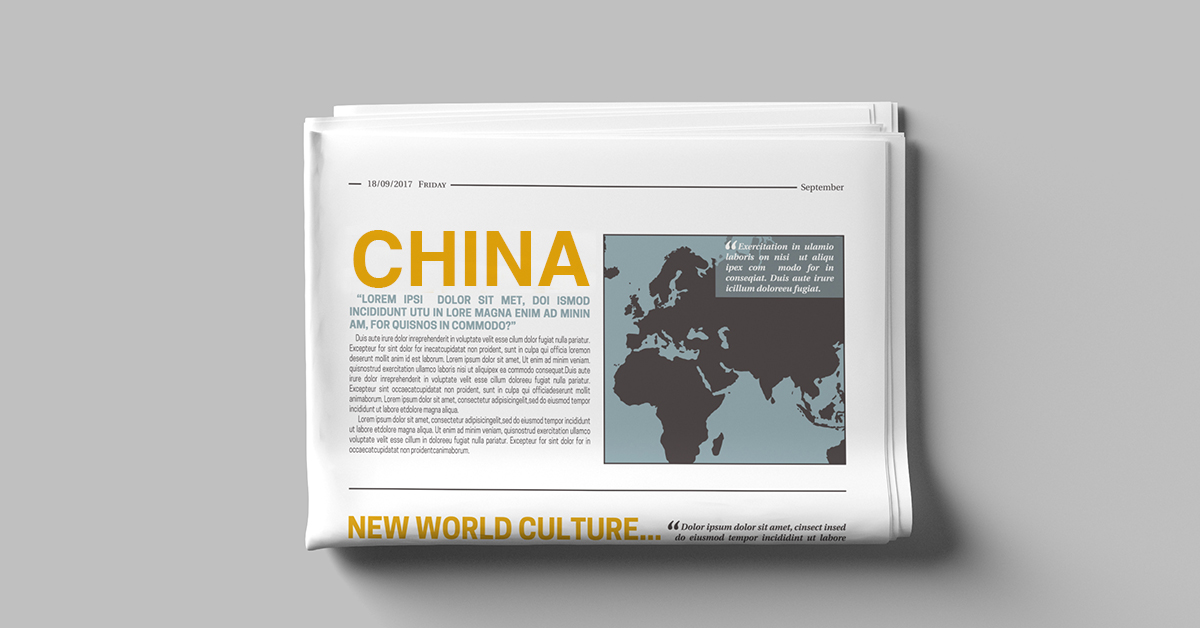US Orders TMSC to Stop Sending Chips to China
Taiwan Semiconductor Manufacturing Company (TSMC) will stop producing advanced AI chips for Chinese clients, limiting access to technology at 7nm and smaller nodes as part of a shift aligned with U.S. export restrictions. This move impacts Chinese tech giants like Alibaba, Baidu, and numerous AI start-ups that rely on TSMC’s cutting-edge manufacturing for AI development. The policy change comes as the U.S. increases export controls, while TSMC faces scrutiny after advanced chips it made for a Chinese customer appeared in Huawei’s devices.

Alibaba Cloud Completes Largest Data Migration for Xiaohongshu
Alibaba Cloud has completed the largest data migration in its history, transferring 500 petabytes of data from Xiaohongshu, China’s leading lifestyle platform, into its cloud infrastructure. The year-long process involved 1,500 Xiaohongshu staff and marks a significant achievement in cloud computing. The migration is expected to enhance Alibaba Cloud’s dominance in China’s cloud market, where it holds 36% of the share.

Audi Rebrands for China: New EV Series Ditches Iconic Four Rings
Audi has launched a new electric vehicle (EV) brand in China, co-developed with Chinese automaker SAIC, that omits its iconic four-ring logo, aiming to attract younger buyers in the world’s largest auto market. The first model, a sleek electric sportback, will debut in summer 2025, followed by two more models within three years, including an SUV. This China-specific EV line features advanced driver-assistance tech, tailored to local preferences where the average luxury car buyer is in their 30s. Audi sold under 15,000 EVs in China through Q3 2024, lagging behind domestic EV rivals like Nio and Xpeng.

SpiralWave’s Cold-Plasma Tech Turns CO2 into Clean Fuel with Promising Efficiency
SpiralWave, a climate tech startup, showcased its breakthrough plasma-powered technology for capturing carbon dioxide (CO2) and converting it into methanol. Using a three-pulse microwave plasma process, the device efficiently transforms CO2 and water into methanol, a sustainable fuel. SpiralWave’s system operates with up to 90% efficiency, far surpassing conventional methods. With plans to scale its technology, the company aims to capture and convert millions of tons of CO2 annually, offering a promising solution for combating climate change and supporting industries that rely on methanol.

LightOn Becomes Europe’s First GenAI Startup to Launch IPO
French generative AI startup LightOn has launched its IPO on the Euronext Growth market in Paris, marking a significant step as the first GenAI startup to list in Europe. The company, which offers large language model software to businesses and the French government, plans to raise 10.4 million euros in capital. France aims to establish itself as a key AI hub, with President Macron targeting 100 tech “unicorns” by 2030.

Canada Orders Closure of TikTok’s Offices, While Australia Considers Age-Based Ban
Canada has ordered the closure of ByteDance’s TikTok Technology Canada offices, citing national security risks, although the app itself remains accessible to users. The decision follows scrutiny over data security, with critics alleging improper data handling by TikTok. Meanwhile, Australia has proposed a nationwide ban on social media platforms for users under 16, reflecting growing concerns over children’s mental health and data privacy. This wave of scrutiny continues as TikTok faces mounting challenges from multiple governments regarding its operations and data management practices.

Japan's First Wooden Satellite Sets Course for Space Exploration
Japan has launched LignoSat, the world’s first wooden satellite, to the ISS, testing timber as a sustainable material for space use. Developed by Kyoto University and Sumitomo Forestry, this small satellite will orbit Earth, gauging wood’s durability in extreme space conditions and its radiation-reducing potential. Made of honoki wood—a Japanese magnolia species suited for spacecraft—LignoSat marks a step toward eco-friendly space tech. Unlike metal satellites, wooden ones may burn up cleanly during re-entry, avoiding pollution.













